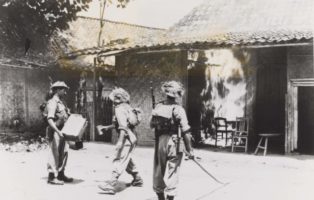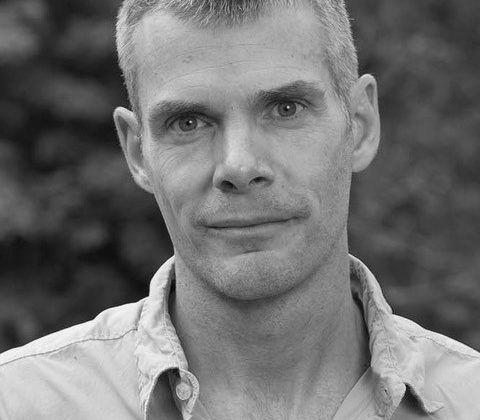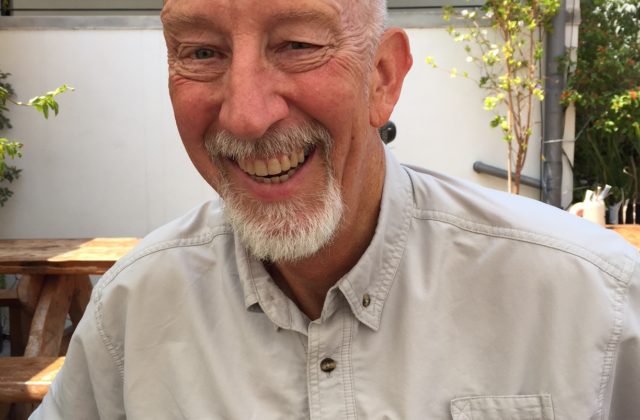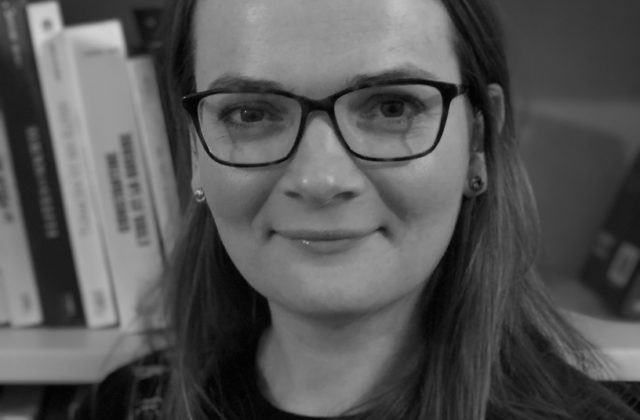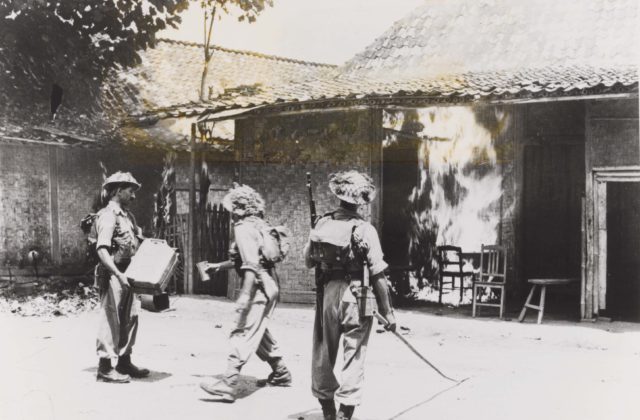
Comparing the Wars of Decolonization
Year Group 2018/19
About the Topic
Extreme violence by Dutch security forces in the Indonesian archipelago has drawn a wave of scholarly and public attention in recent years. Similar processes have been taking place in France and the United Kingdom in relation to for instance torture, executions and mass deportation in colonial conflicts in Algeria, Malaysia and Kenya. To a lesser extent, the same is true for Indochina and the former Portuguese colonies. But research on the Dutch-Indonesian conflict (1945-1949) in the Netherlands has too long remained isolated, one might even say parochial. This has impeded our ability to fully understand the escalation of violence in this war.
This research project therefore aims to compare the causes, forms and nature of the extreme use of violence applied in the age of decolonization. It supports the larger research program Independence, Decolonization, Violence and War in Indonesia, 1945-1950. Experts from two sides of the comparison will explore the question which factors were shared among the wars in various empires (such as legacies of racism and colonial violence, or the nature of irregular warfare), and which factors may have been unique to certain cases (such as leadership, international scrutiny, or the legacy of Japanese occupation in the cases of Indonesia and Indochina). Overall, the comparison will broaden and deepen our understanding of Dutch, French, British, and Portuguese patterns in decolonization violence and the nature of colonial warfare in general.
The project is an intensive collaboration between the twelve international and Dutch scholars in a theme group that culminates in a three-month period at the Netherlands Institute for Advanced Study in Amsterdam (NIAS) in Spring 2019. For each comparative study, an international NIAS-fellow will work together with one Dutch expert on the decolonization war in Indonesia. The project’s findings will be presented during the conference organized by the theme group on 20-21 June 2019 in Amsterdam. The main papers will be published in a book by Cornell University Press in 2021. In June 2020 the leading historical journal BMGN-Low Countries Historical Review will also publish a forum in Dutch where the theme group members will present and discuss their findings.
NIAS theme-group members and their research topics:
1. Introduction: Comparing extreme violence in the wars of decolonization
Dr Thijs Brocades Zaalberg (Leiden University and Netherlands Defence Academy) and Dr Bart Luttikhuis (Leiden University and Royal Netherlands Institute of Southeast Asian and Caribbean Studies)
2. Bloody decolonization: Dutch and French responses to revolutionary violence in the Indonesian archipelago and Indochina, 1945-1946.
Professor Pierre Asselin (San Diego State University) and Dr Esther Captain (Royal Netherlands Institute for Southeast Asian and Caribbean Studies)
3. ‘Technological violence’ in colonial counter-insurgency: ‘ways of war’ and the role of heavy weapons in escalations of force
Professor Brian McAllister Linn (Texas A&M) and Azarja Harmanny MA (Netherlands Institute for Military History)
4. Sexual violence and gendered experiences of decolonization war in Indonesia and Algeria.
Dr Natalya Vince (University of Portsmouth) and Dr Stef Scagliola (Royal Netherlands Institute of Southeast Asian and Caribbean Studies)
5. Communicating excessive violence: Political awareness and levels of responsibility in Indonesia, Malaya and Kenya compared.
Dr Huw Bennett (Cardiff University) and Professor Peter Romijn (NIOD Institute for War, Holocaust and Genocide Studies).
6. Windows onto the micro-dynamics of insurgent and counter-insurgent violence: evidence from late colonial Southeast Asia and Africa compared.
Professor Martin Thomas (University of Exeter) and Dr Roel Frakking (Royal Netherlands Institute of Southeast Asian and Caribbean Studies).
Results
Theme Group Members
The results of the multi-year research project “Independence, decolonization, violence and war in Indonesia, 1945-1950” have been presented on 17 February 2022. The findings, presentations and responses can be found on this website.
Specifically on this project: the first results are presented in July 2020 in the academic journal BMGN-Low Countries Historical Review (Vol. 135, No. 2, Dutch only). You can read the introduction, written bij Thijs Brocades Zaalberg and Bart Luttikhuis, here (Dutch only). An extended book of articles (in English) will follow in 2022 at Cornell University Press.
Via this link you can also listen to an interview with researcher Roel Frakking on the article he and professor Martin Thomas (Exeter) wrote for the BMGN-Low Countries Historical Review.
In an interview with Dirk-Jan Wolffram, chair of the BMGN editorial team, Thijs Brocades Zaalberg and Bart Luttikhuis share more about this publication.
- Thijs Brocades Zaalberg (Coordinator and Fellow)
- Bart Luttikhuis (Coordinator and Guest researcher)
- Pierre Asselin (Fellow)
- Huw Bennett (Fellow)
- Brian McAllister Linn (Fellow)
- Stef Scagliola (Fellow)
- Martin Thomas (Fellow)
- Natalya Vince (Fellow)
- Esther Captain (Guest researcher)
- Roel Frakking (Guest researcher)
- Azarja Harmanny (Guest researcher)
- Peter Romijn (Guest researcher)
Partners
The theme group “Comparing the wars of decolonization: Extreme violence during reoccupation and counter-insurgency, 1945-1975” is part of the large-scale research programme Independence, decolonization, violence and war in Indonesia, 1945-1950, carried out by the Royal Netherlands Institute of Southeast Asian and Caribbean Studies (KITLV), the Netherlands Institute of Military History (NIMH) and the NIOD Institute for War, Holocaust and Genocide Studies.
Themegroup participants
-
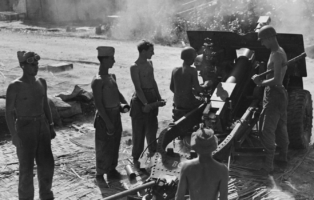 Insights
InsightsComparing Wars of Decolonization
-
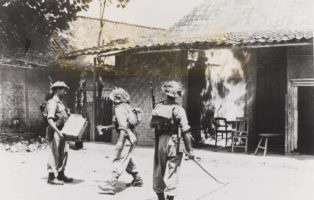
-
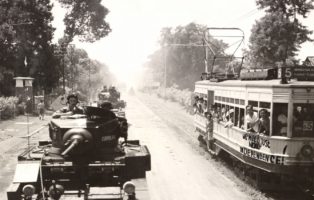
-
